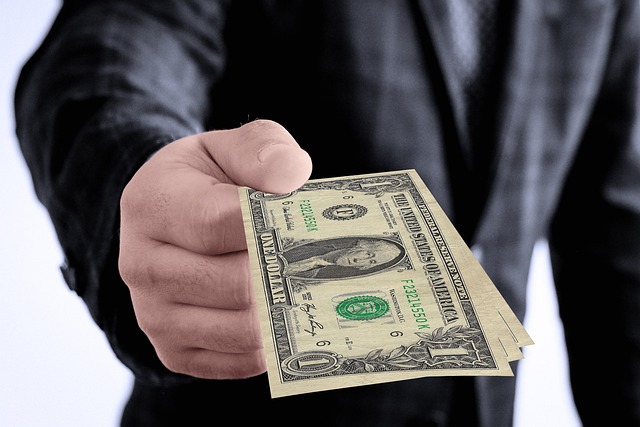Supreme Court Narrows Scope of Anti-Corruption Statutes for State and Local Officials
In a term filled with important and bitterly divided decisions, the US Supreme Court’s decision in Snyder v. United States last week may be the sleeper pick for most controversial. Various media publications have characterized the decision as follows: “The Supreme Court Majority Just Legalized Corporate Bribery;†“The Supreme Court Rules That State Officials Can Engage In A Little Corruption, as a Treat;†“The Supreme Court’s Bribe Enthusiasts Just Made Bribery A Little Easier;†and our personal favorite, “Will Public Servants Be Next To Put Out A Tip Jar?â€
So, what is this fuss all about? In a 6-3 decision, the Supreme Court has further narrowed the government’s application of anti-corruption statutes against state and local public officials, ruling that Section 666 only applies to bribes received in exchange for official acts and not to gratuities or gifts received afterwards. Justice Kavanaugh, writing for the majority, characterized the issue in Snyder as follows: “Section 666 of Title 18 makes it a crime for state and local officials to ‘corruptly’ solicit, accept, or agree to accept ‘anything of value from any person, intending to be influenced or rewarded’ for an official act.†§666(a)(1)(B). That law prohibits state and local officials from accepting bribes that are promised or given before the official act. Those bribes are punishable by up to 10 years’ imprisonment. The question in this case is whether §666 also makes it a crime for state and local officials to accept gratuities — for example, gift cards, lunches, plaques, books, framed photos, or the like — that may be given as a token of appreciation after the official act. The answer is no.â€
Background
In Snyder, former Portage, Indiana Mayor James Snyder (“Snyderâ€) received a $13,000 cash gift from Great Lakes Peterbilt. The trucking company had previously been awarded two city contracts and sold five garbage trucks to the city of Portage for approximately $1.1 million. Federal prosecutors charged Snyder with receiving an unlawful gratuity in violation of 18 U.S.C. § 666(a)(1)(B), although Snyder claimed the payment was for consulting services. Ultimately, a federal jury convicted Snyder and the conviction was affirmed by the US Court of Appeals for the Seventh Circuit.
Section 666 was enacted in an effort to make the anti-bribery and gratuity provisions for federal officials (18 U.S.C. § 201, et seq.) apply equally to officials at the state, local and tribal government levels. The Court has struggled for over three decades with the breadth of the parallel federal statute. See generally McDonnell v. United States, 579 U.S. 550 (2016); United States v. Sun Diamond Growers, 526 U.S. 398 (1999); United States v. McCormick, 500 U.S. 257 (1991). Under the operative terms of the statute — imposing criminal penalties on federal officials who seek or accept “anything of valueâ€Â for “any official act†18 U.S.C. § 201(c)(1)(B) (emphases added) — the critical analysis usually turns on the “official act†inquiry because the “value†inquiry is so easily satisfied.[1] The Snyder decision falls right in line with the 30-plus year evolution of the Court’s thinking about this “official act†component of the statute.
Read more – https://www.bracewell.com/resources/is-it-a-tip-or-a-bribe-supreme-court-narrows-scope-of-anti-corruption-statutes-for-state-and-local-officials/





